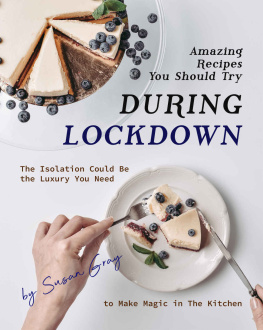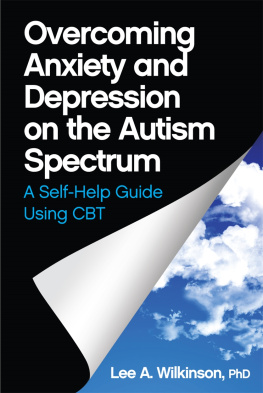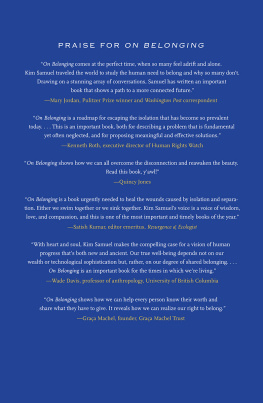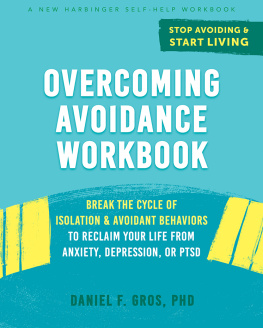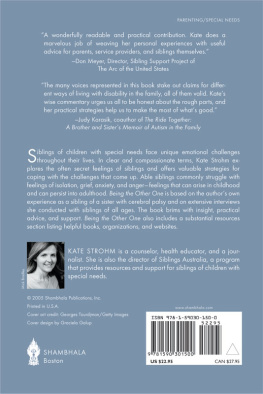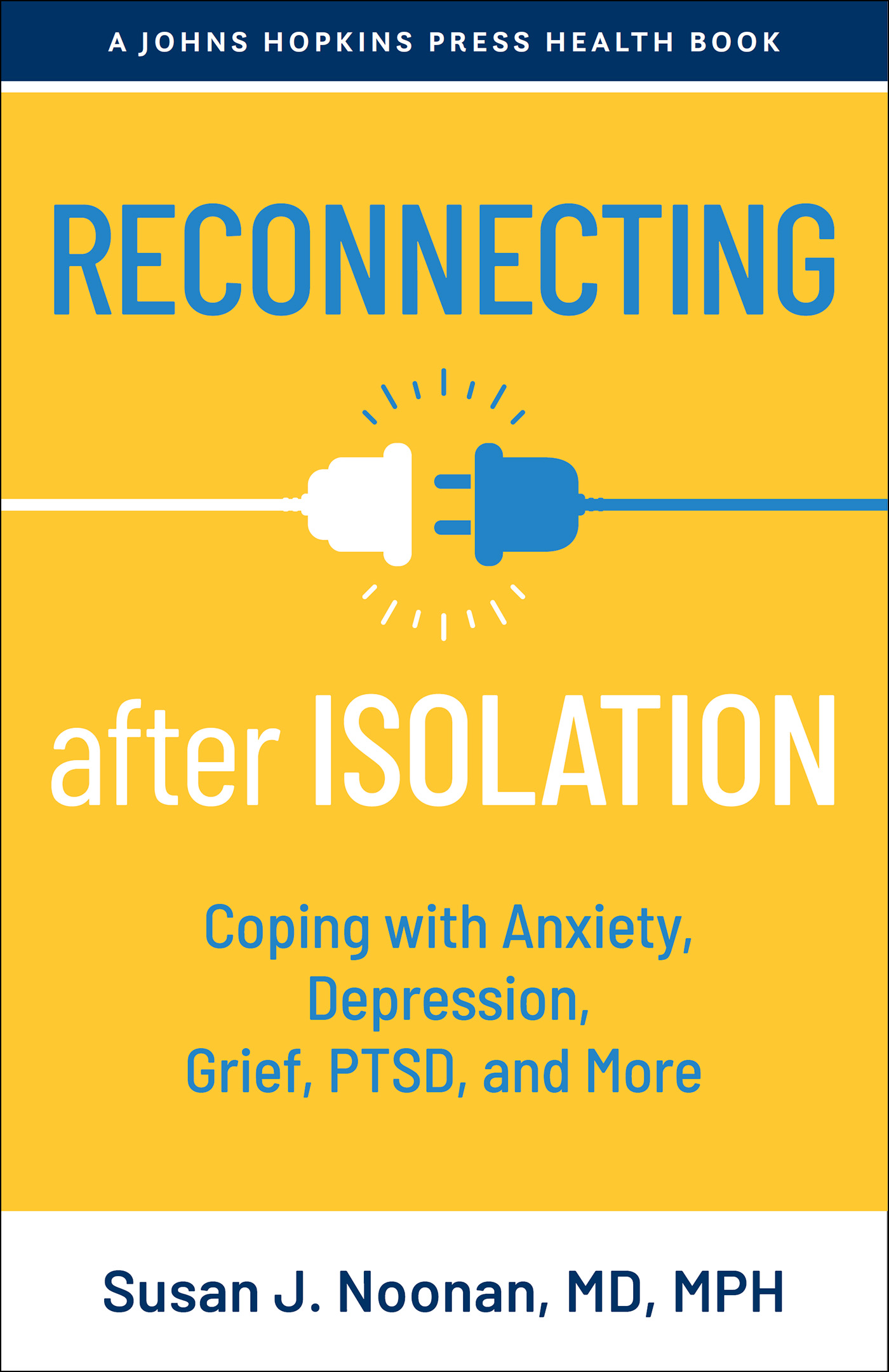Susan J. Noonan - Reconnecting after Isolation: Coping with Anxiety, Depression, Grief, PTSD, and More
Here you can read online Susan J. Noonan - Reconnecting after Isolation: Coping with Anxiety, Depression, Grief, PTSD, and More full text of the book (entire story) in english for free. Download pdf and epub, get meaning, cover and reviews about this ebook. year: 2022, publisher: Johns Hopkins University Press, genre: Home and family. Description of the work, (preface) as well as reviews are available. Best literature library LitArk.com created for fans of good reading and offers a wide selection of genres:
Romance novel
Science fiction
Adventure
Detective
Science
History
Home and family
Prose
Art
Politics
Computer
Non-fiction
Religion
Business
Children
Humor
Choose a favorite category and find really read worthwhile books. Enjoy immersion in the world of imagination, feel the emotions of the characters or learn something new for yourself, make an fascinating discovery.

- Book:Reconnecting after Isolation: Coping with Anxiety, Depression, Grief, PTSD, and More
- Author:
- Publisher:Johns Hopkins University Press
- Genre:
- Year:2022
- Rating:3 / 5
- Favourites:Add to favourites
- Your mark:
Reconnecting after Isolation: Coping with Anxiety, Depression, Grief, PTSD, and More: summary, description and annotation
We offer to read an annotation, description, summary or preface (depends on what the author of the book "Reconnecting after Isolation: Coping with Anxiety, Depression, Grief, PTSD, and More" wrote himself). If you haven't found the necessary information about the book — write in the comments, we will try to find it.
How to keep calm, carry on, and reconnect during times of social isolation and emotional crisis.
Although spending time alone for short periods may be restorative and helpful, unintentional or involuntary isolation can have profound detrimental effects on emotional and physical health. We all need social interaction and meaningful relationships in our lives to be well and thrive. Without them, we flounder.
In Reconnecting after Isolation, Dr. Susan J. Noonan draws on our collective experience of the COVID-19 pandemic to help readers deal with the emotional impact of social isolation. Speaking as both a provider and recipient of mental health care services, Noonan combines her professional and personal experiences in an evidence-based and practical guide. Drawing on meticulous research and interviews with four psychologists, she outlines steps to overcome the emotional trauma of isolation.
The book touches on how social isolation, loneliness, and stress affect each of us individually and can sometimes provoke depression, anxiety, post-traumatic stress disorder, suicidality, and substance use. Describing specific lifestyle interventions that may help, it offers tips for
developing effective coping skills
facing isolation-induced fears
adapting effectively to the changes in our personal, family, work, academic, and social lives caused by imposed isolation
finding effective, culturally sensitive mental health care
improving sleep hygiene
building and maintaining resilience
adopting a healthy diet
overcoming the fatigue burnout
grieving a loss
engaging in regular physical exercise
keeping a daily routine or structure
maintaining contact with others
Dr. Noonan also discusses re-entry anxiety, the challenging experience many have upon returning to their prior lifestyle, and the difficulty of establishing new school and work routines following social isolation. Accessible and compassionate, Reconnecting after Isolation empowers individuals to manage their own challenges, offering them a better chance of recovery and of staying well.
Susan J. Noonan: author's other books
Who wrote Reconnecting after Isolation: Coping with Anxiety, Depression, Grief, PTSD, and More? Find out the surname, the name of the author of the book and a list of all author's works by series.

